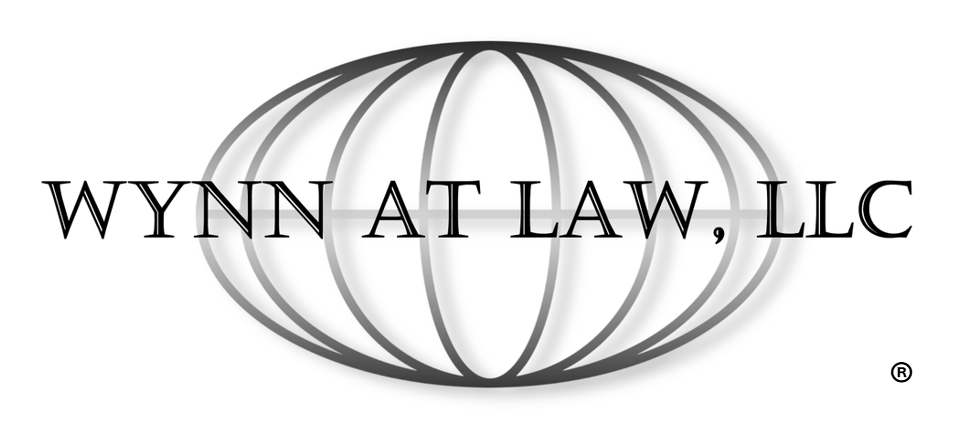If you are stressed about your debt or feel like you’re drowning in monthly expenses, debt consolidation might be the answer to relieve some of your financial burden.
In its simplest terms, debt consolidation is the act of taking out a new loan so that you can combine all your current loans into one, resulting in a single monthly payment. Debt consolidation ideally provides a lower interest rate and better repayment terms compared to the existing debt. There are several kinds of debt consolidation options that you might want to consider, and the choice of what route to take depends on your situation and long-term financial goals.
Get A Free Wisconsin Bankruptcy Attorney Consultation
If you are unsure of what step to take or where to begin, a free consultation with a bankruptcy attorney is a good starting point. A Wisconsin bankruptcy attorney will analyze your financial situation and recommend the best action for your situation. There is no one-size-fits-all solution for managing debt. Consulting with a Wynn at Law, LLC attorney can provide a customized roadmap to a better financial future and help you reach your debt-free goals.

Types Of Wisconsin Debt Consolidation Loans – How Does Debt Consolidation Work?
Debt consolidation is a tool that enables you to combine all your debt and can include (but is not limited to) credit cards, medical bills, student loans, personal loans, and car loans. Debt consolidation can save you money and simplify your budget over time.
Do Consolidation Loans Hurt Your Credit?
Anytime you take out a new loan, a credit inquiry is required, translating to a “hit” or inquiry on your FICO score. This credit inquiry means that your score will temporarily decrease by a few points. However, the benefits of no longer missing payments and paying off your consolidated debt will likely outweigh the credit score dip. When looking at the bigger picture, this is a small price to pay so that you can get a better handle on your finances.
What Are The Risks Of A Wisconsin Debt Consolidation Loan?
A debt consolidation loan can be a great option if you want to simplify your finances, but this option can be more harmful than beneficial if you can’t keep up with the payments. You must be financially disciplined when you take out a debt consolidation loan.
The monthly minimum payment for a debt consolidation loan is typically higher than a credit card’s minimum monthly payment. With this in mind, make sure that you can afford this payment for the life of the loan; any missed payments will negatively affect your credit score.
Borrowing From Your Home’s Equity
If you are a homeowner, a popular tool that you can use for debt consolidation is to take out a Home Equity Line of Credit (HELOC). Also known as a ‘second mortgage,’ HELOCs let you borrow against your home’s equity. However, there are usually fees that you must pay, such as an appraisal fee or an application fee. Due to the costs associated with this option, a HELOC is one of the costlier solutions for debt consolidation.
Since the line of credit is secured against your property, the annual interest rate is usually lower than an unsecured loan. However, there is a significant disadvantage to using a HELOC to consolidate debt. If you cannot make payments on it, the bank can foreclose on your home. Be sure to consult a Wisconsin bankruptcy attorney or debt consolidation specialist before deciding if this option is right for you.
Borrowing From Retirement Accounts
Borrowing against your retirement account is another option for consolidating debt. For example, if you have a 401k, you likely have an opportunity to borrow against the balance of this account. Since the loan is secured against your retirement investment account, this route also provides a low-interest rate and extended repayment period.
The limit for borrowing against your 401k is typically 50% of the balance or a maximum of $50,000. The payment to this loan can automatically deduct from your future earnings. But be aware, if you don’t pay off your loan in full, you might be subject to early withdrawal penalties and expensive tax consequences.
Balance Transfer Credit Card
Another popular option for debt consolidation is applying for a balance transfer credit card. This credit card type generally has a lower interest rate or a promotional balance transfer interest rate, usually a 0% annual percentage rate (APR) for a specified number of months.
Even if you are saving money initially, it is vital to note the interest rate that you will pay after that promotional period ends, especially if you know that you won’t pay off the credit card within the 0% promotional period. You should also check the credit card’s fees, like balance transfer fees and annual card fees.
Attorney Shannon Wynn is available for a FREE debt consolidation consultation to review opportunities for managing your debt.

The Pros & Cons Of Wisconsin Debt Consolidation – Is It The Right Choice For Me?
The goal of debt consolidation is to save money and reduce the stress of debt repayment. Let’s look at a scenario; if you have a lot of credit card debt with varying high-interest rates and you decide to consolidate all your debt into a lower percent interest credit card, you will instantly save money.
Another benefit of debt consolidation is simplicity. Instead of juggling multiple payments, you can make a single payment every month that covers all your debt. You can even set up automatic payments toward the loan from your bank account for peace of mind to avoid missing a payment.
While your score may dip initially, taking out a debt consolidation loan will help improve your credit score over time. One factor that makes up your credit score is credit utilization, which evaluates the balances you owe versus your credit limit. The lower the credit utilization is, the better your credit score will be. Since the debt consolidation loan will help you pay off your debt, this will lower your credit utilization, resulting in an improved credit score.
Requirements For Debt Consolidation – How To Qualify For A Debt Consolidation Loan?
Every financial institution or lender has its own set of guidelines for qualifying a borrower for a debt consolidation loan. The common factors for eligibility are your credit score and debt to income (DTI) ratio.
The higher your credit score, the better your chance of getting approved and obtaining a low interest rate. If you have a low credit score, you might want to consider getting another person to co-sign on the loan with you. A credit score in the mid-600’s will typically be enough to qualify you for most debt consolidation loans with a steady income and reasonable DTI ratio.
The DTI ratio is a representation of the percentage of your gross income compared to your debt. Lenders use DTI ratios to determine if a borrower will make enough money to pay for their debt while also covering essential expenses. Financial institutions tend to favor customers who have a lower DTI because this means that the person will be more likely to cover the monthly payments.

Debt Consolidation Alternatives
Before pursuing debt consolidation, it is recommended that you explore at least one of the alternatives below.
Create A Budget
Creating a budget might sound basic, but it is the easiest way to figure out if you can afford to live within your means. Start by writing down how much income you make per month and how much you have to pay in loans/bills each month.
Then, you can figure out your disposable income, which is income that you’re free to spend on whatever you’d like. You can use part of your disposable income to pay down some of your loans. The most important thing is learning to stick to your budget and making your goals realistic.
Contacting Your Creditors
You can contact your creditors on your own to try to negotiate a lower monthly payment or interest rate reduction. Banks and financial institutions have hardship departments that can work with you to structure a payment plan or amend the terms of your loan to make it possible for you to continue to make payments.
Schedule A Consultation With Wynn at Law, LLC
Schedule a free consultation with a Wisconsin Bankruptcy Attorney so that you can have a better understanding of your debt management options. Take advantage of our expertise to have a better chance of improving your financial status. Contact Wynn at Law, LLC to schedule a free debt consultation at one of our three law offices in Southeast Wisconsin. Give us a call at 262-725-0175.


